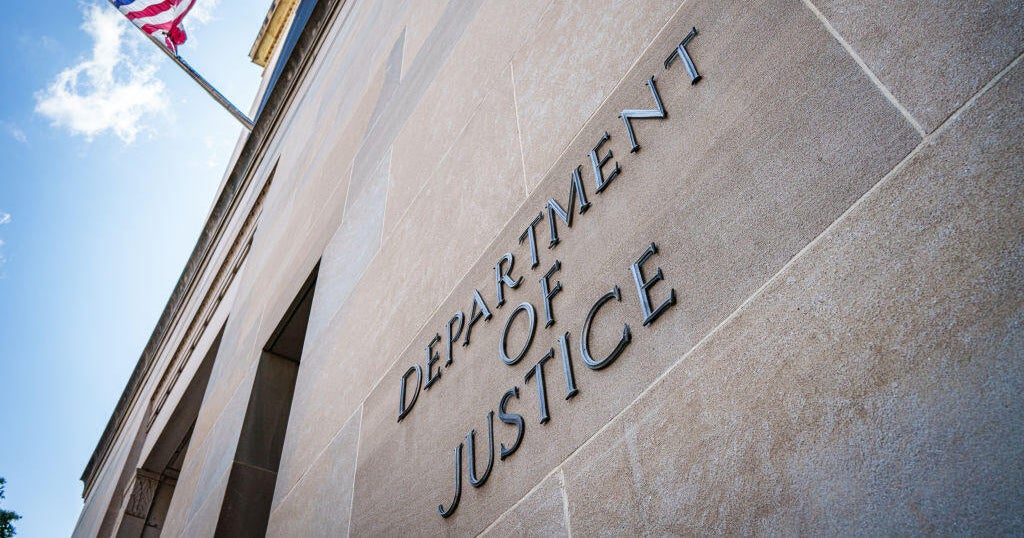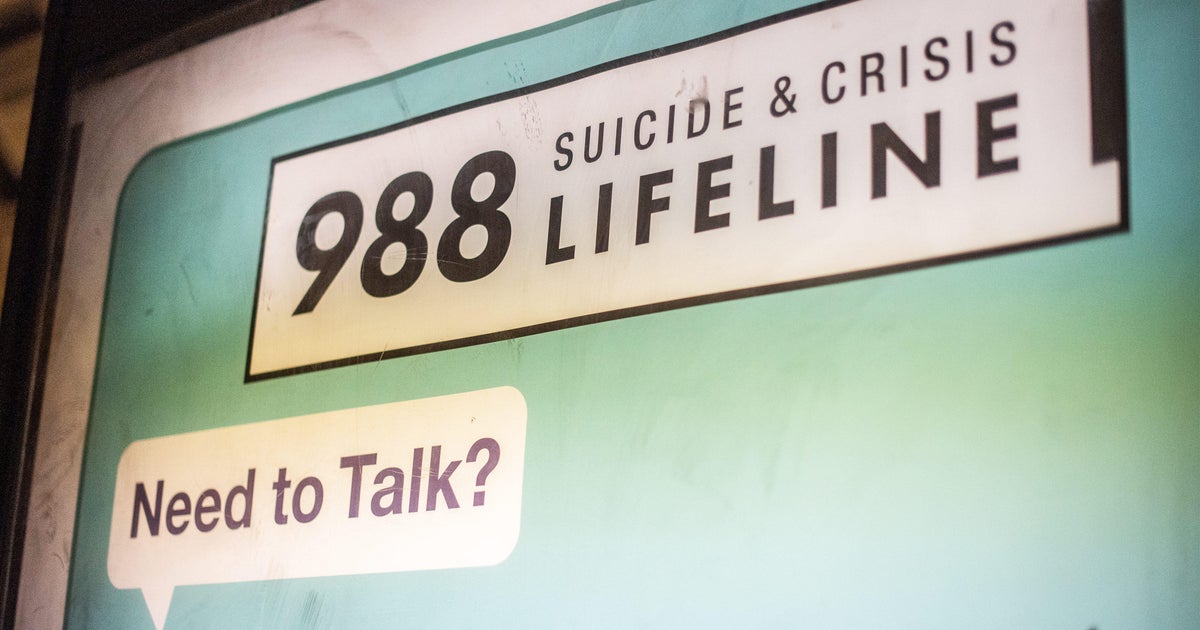Justice Department asks Congress for expansion of judicial powers during coronavirus crisis
Washington — The Justice Department has sent Congress legislative recommendations that would expand the power of the courts as the nation grapples with the coronavirus pandemic that has brought daily life in the United States to a halt.
The proposals were sent to Capitol Hill at the request of lawmakers, who are currently working on major legislation to provide economic relief to Americans amid the coronavirus crisis, Justice Department spokeswoman Kerri Kupec said Sunday. The measures were first reported by Politico, and CBS News has not been able to independently verify the content of the documents submitted to Congress.
According to Politico, one of the measures includes the ability to indefinitely detain people without trial during times of national emergency, like the one the nation is experiencing now. This could mean removing the right of habeas corpus, the ability of an individual charged with a crime to be brought before a judge and petition for release before trial.
Kupec tweeted that the recommendations had been developed in consultation with Congress and the federal judiciary. "Criminals should not be able to avoid justice because of a public-health emergency," Kupec said, and she noted the recommendations were "draft suggestions."
She also said that the proposal should not be seen as an attempt to expand the powers of the executive branch. "Bottom line: The proposed legislative text confers powers upon judges," she tweeted. "It does not confer new powers upon the executive branch. These provisions are designed to empower the courts to ensure the fair and effective administration of justice."
Also included in the Justice Department's proposal is one that would allow the chief judge in each federal district the authority to extend deadlines and delay statutes of limitations during national emergencies, a power individual federal judges already have.
Kupec said the department also recommended allowing Supreme Court Chief Justice John Roberts to suspend the statute of limitations for criminal cases "where a national emergency would materially impair the functioning of the courts."
The authorities given to the federal judiciary would expire when the coronavirus national emergency expires, or when the chief justice finds that emergency conditions no longer affect the ability of the federal courts to function.
"The goal of these provisions to ensure that the justice system continues to operate equitably and effectively, and to harmonize what is already being done on an ad hoc basis by courts around the country," she tweeted.
The proposals from the Justice Department will require approval from Congress, and they likely face an uphill battle in the Democrat-controlled House, making their enactment highly unlikely. Already, Republican Senator Mike Lee of Utah and Democratic Congresswoman Alexandria Ocasio-Cortez of New York both expressed their opposition to the proposals.
While it is already within a federal judge's powers to extend any given deadline and delay statutes of limitations at their discretion, some have begun to release defendants, recognizing the restrictions COVID-19, the coronavirus disease, has placed on jails.
Last week, Judge Ali Nathan in the Southern District of New York released an inmate from federal custody into house arrest because of visiting restraints the Bureau of Prisons (BOP) placed on facilities across the country.
The bureau decided to suspend all visits, including those from inmates' attorneys in order to prevent the spread of the virus. Nathan said exceptions would be made on a case-by-case basis for the foreseeable future. In this particular case, Nathan found that the visiting suspension "impacts the defendant's ability to prepare his defenses."
But his ruling is not the norm — criminal justice advocates continue to press judges and the Justice Department to stop bringing prosecutions against low-level offenders in order to reduce the populations of jails across the country.
In a letter to Attorney General William Barr, Federal Public and Community Defenders on Thursday urged the nation's chief law enforcement officer, "to use existing authority to take immediate and decisive action to both reduce the number of people entering federal detention and release individuals who are already incarcerated." They warned, "Failure to do so may well be a death sentence for many."
While some state and local sheriffs and prosecutors from across the country placed a moratorium on the arrest and release of some non-violent offenders, the federal government is operating as usual. Last week, the attorney general sent a memo to U.S. attorneys encouraging them to continue pressing on amid the obstacles posed by the pandemic.
In an interview with the Wall Street Journal, Barr said, "I am worried about things getting out of control."
President Trump, too, appears to be aware of how the coronavirus is impacting the criminal justice system. On Sunday, Mr. Trump told reporters during a briefing with his coronavirus task force that he is "looking at" an executive order to free elderly, nonviolent criminals from federal prisons.
"It's a bit of a problem," he said.



